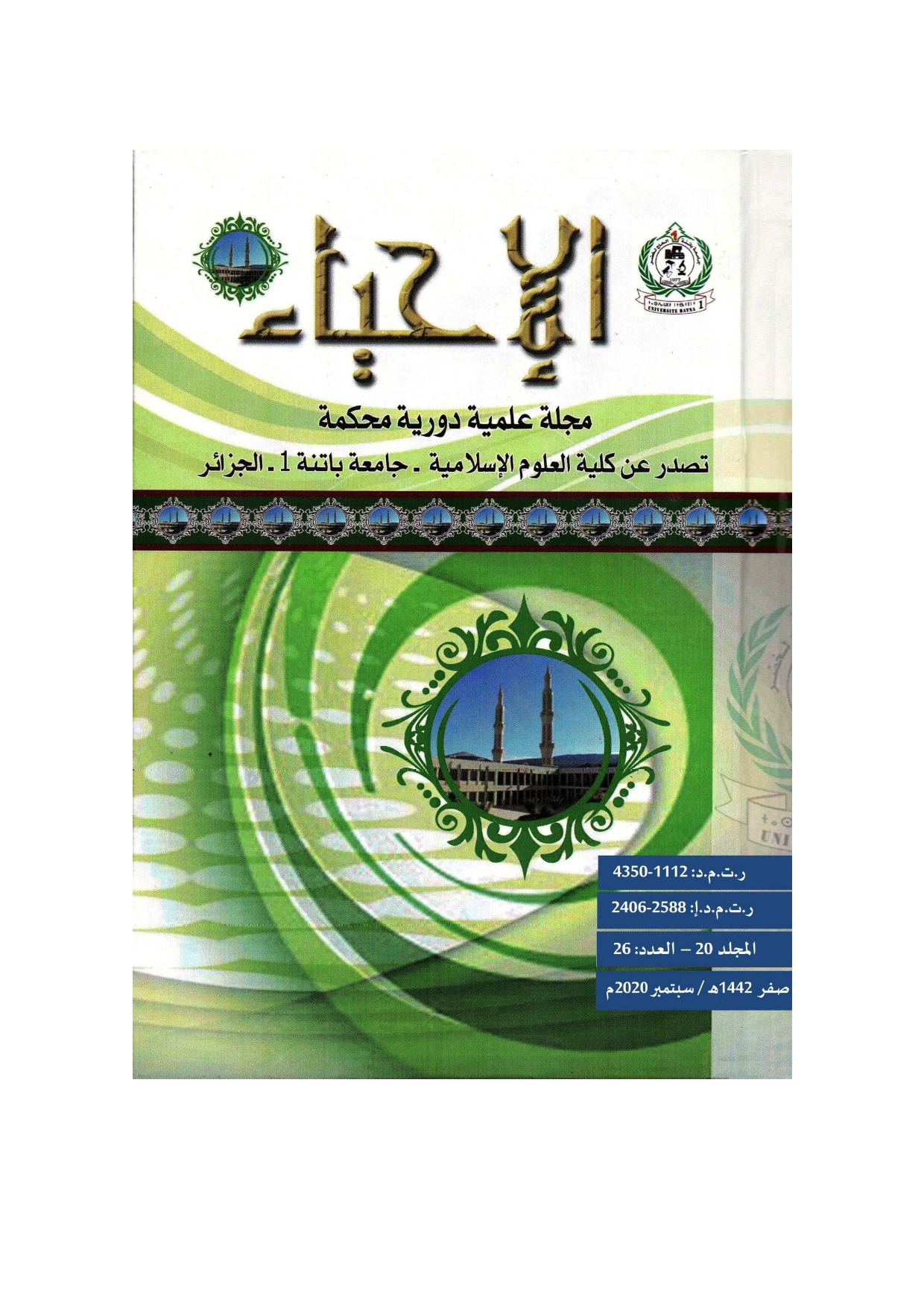The mourning worked for families in the absence of evidence of the death of missing persons in the period of terrorism in Algeria
DOI:
https://doi.org/10.59791/ihy.v20i3.4673Keywords:
Mourning, Terrorism, Families of the disappearedAbstract
The study examined the effects of loss in the absence of evidence of the death of the missing person on the work of mourning for their families in the period of terrorism in Algeria, and the adoption of the clinical approach, on a purposeful sample consisting of seven families of missing persons registered in the SosDisparu(e)s association, and by building a semi-targeted interview based on Classification of mourning events according to E. Zech, 2006 According to the temporal dimension, the following questions were answered:
- The circumstances of the loss, without the death of the missing, in connection with the terrorism phase in Algeria, are complicated by the mourning of members of the families of the missing.
- Conditions of loss without proof of the death of the missing person related to the stage of terrorism in Algeria lead to a chronic mourning, that is, a prolonged mourning for members of the families of the missing.
Both hypotheses were discussed in light of previous studies and the theoretical heritage of the study variables.
Downloads
Published
How to Cite
Issue
Section
License

This work is licensed under a Creative Commons Attribution-NonCommercial-NoDerivatives 4.0 International License.






